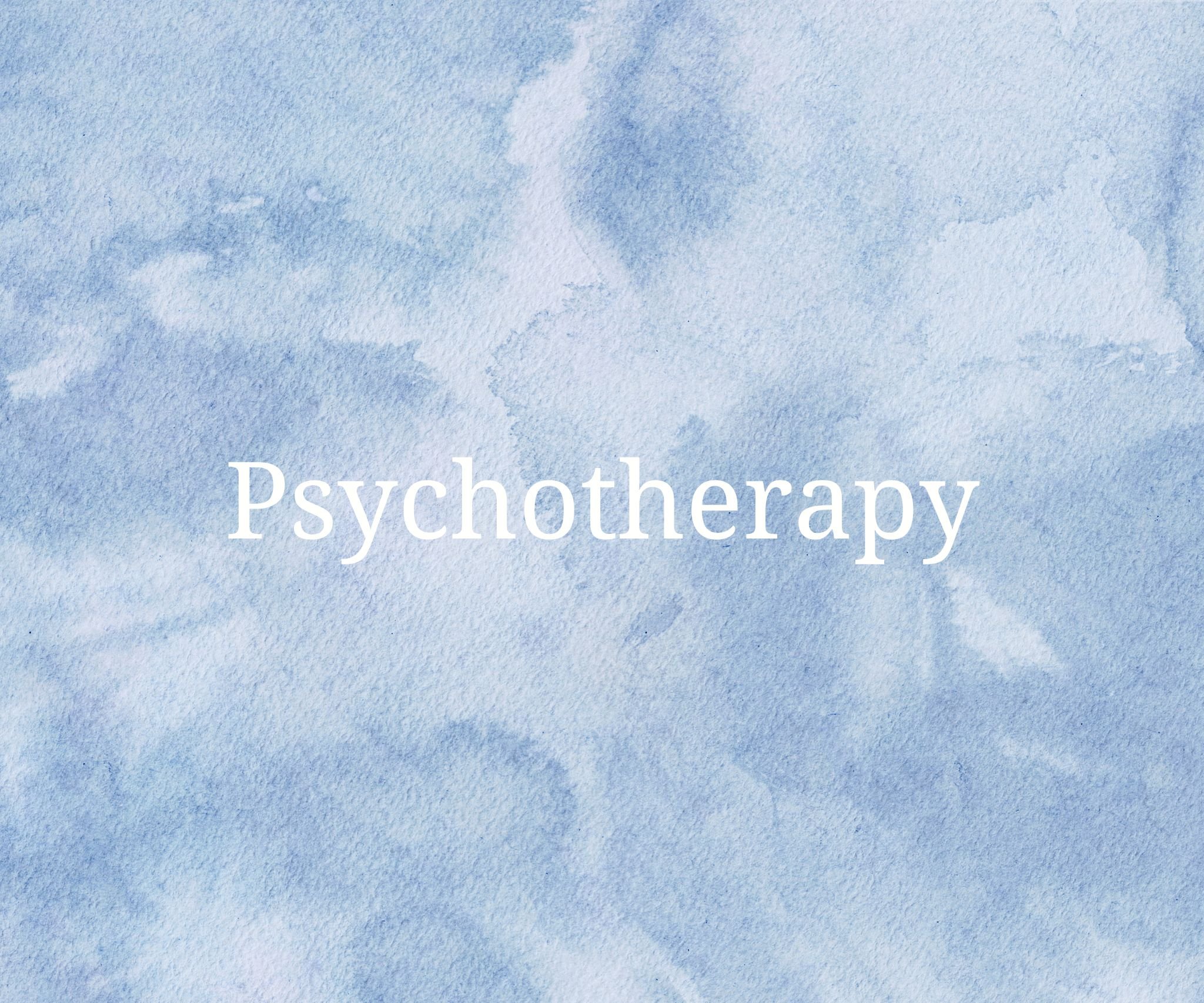
Dictionary
Ontario • Quebec • Nova Scotia • New Brunswick • British Columbia • Saskatchewan • Manitoba • Nunavut
Productivity and Time Management
Do you go through life with a feeling that you just never get things done? Do you have difficulty staying in the moment when you spend time with your family or try to relax? Have you tried implementing strategies, such as daily "To Do" lists and setting priorities, only to find yourself re-writing the lists all over again, not accomplishing much and feeling frustrated?
Our lives today are busier than ever. It is difficult or impossible to keep everything we need to do in our mind, and we end up living with constant anxiety that we may miss something important that needs to be done. There are simple and effective ways of managing your complex daily tasks and commitments - both at work and at home. In our sessions we will talk about tools that will help you approach your current and future commitments with calm and clear mind, without feeling overwhelmed and frustrated.
Psychotherapy
In psychotherapy, patients work toward achieving their goals, overcoming obstacles to growth, developing an in-depth self-understanding, and making changes in their lives through a therapeutic relationship with the therapist. Whether you seek therapy to treat a psychological disorder, to improve interpersonal relationships or overcome fears, anger, low mood or other issues, - our ultimate goal is to help you, through therapy, to achieve a greater sense of well being. Psychotherapy is an exciting journey toward self-realization. It involves an ongoing dialogue, collaboration, and examining your feelings, thoughts and behaviour through a variety of therapeutic tools.
Pure-O OCD (Pure Obsessional OCD)
Pure-O OCD (Pure Obsessional OCD) is a subtype of OCD (Obsessive-Compulsive Disorder) characterized by recurrent, unwanted thoughts, impulses, or images (obsessions) that cause anxiety or distress. Individuals with Pure-O do not engage in visible compulsive behaviors such as counting, checking, or cleaning. But the term “pure-O” is somewhat misleading as individuals still compulse. They may mentally neutralize or counteract their obsessions through mental rituals such as mental praying, counting, or repeating words.
Sensorimotor/Hyperawareness OCD
People with this OCD type feel hyper-aware of their bodily functions, sensations, or thoughts. They often fear that they will never be able to concentrate on anything else and live a normal life.
Common obsessions are with:
Blinking
Swallowing
Thinking
Breathing
Salivation
Eye floaters
Heartbeat
Thoughts
Common compulsions include:
Monitoring the sensation
Trying to distract from the sensation
Trying to “override” or mask the sensation
Seeking reassurance
Treatment involves carefully analyzing compulsions and addressing the person’s relationship with their sensations using ERP and ACT.
Separation and Divorce
Unfortunately, a great deal of marriages ends up in divorce. About 40% of Canadian families will face a divorce before reaching a 30 year wedding anniversary. Separation and divorce bring with them stress, uncertainty, anxiety, anger, and a wide range of other emotions, which are often overwhelming and confusing.
If you are preparing to separate, or are in the process of separation and divorce, you may have a lot of questions. How to deal with your spouse? How and when to tell the children about the breakup? What are the different approaches to the children of different ages in this situation?
You may think that those dilemmas end when the divorce is finalized. However, new issues then come up. How to co-parent your children with your former spouse? How to organize holidays or special occasions? How to help your children deal with your or your ex-spouse's new relationship or remarriage? How to avoid mistakes when blending two families? How to be a stepparent?
In the last few years, an increasing number of parents seek professional advice on how to handle this life transition in the best way. A therapist with the knowledge of the issues of separation and divorce, as well as an understanding of developmental milestones that affect each child's potential response to the separation, can be a great source of support and guidance during this difficult period.
Shy Bladder (Paruresis)
Paruresis, or shy bladder syndrome, is a form of social anxiety where a person experiences difficulty urinating when others are nearby or might be aware of them. Despite its name, it’s not the fear of urinating in the presence of others. It’s about the fear of not being able to urinate in the presence of others. This fear can make urination even more difficult, creating a self-perpetuating cycle of anxiety and physical tension.
Social Anxiety Disorder
Social Anxiety involves a fear of social or performance situations. The person is worried that his or her behaviour will be embarrassing or humiliating. There are numerous strategies of dealing with Social Anxiety. They include cognitive therapy, behavioural experiments, exposure, and social skills training.
To learn more about various aspects of anxiety, check out recent posts on our blog.
Solution-Focused Therapy
In Solution-Focused Therapy clients are encouraged to focus on their strengths and to identify solutions. The solutions may be new, or the ones that already worked in the past. This is typically a very brief form of therapy, sometimes requiring only a few sessions.
Staring OCD (often confused with Visual Tourettic OCD, VT-OCD)
People with these OCD types have an urge to stare at others’ private parts. The person may never actually stare but is very concerned that he or she may be staring.
The symptoms may manifest with everybody and in every social situation or only with a specific category of people or in certain situations (with either men or women, with colleagues, people in an authority positin at work, in either group or individual settings, etc).
People with this OCD type engage in multiple compulsion to try and avoid staring, such as looking away, avoiding being close to people, avoiding social interactions, and even avoiding certain TV shows.
The treatment for this OCD type, just like for other OCD types is a combination of ERP and ACT.
Stress Management
Everyone at times experiences stress and anxiety. It is important, however, to seek help if you feel that stress and anxiety overwhelm you to the point of negatively affecting your quality of life. Long-term, chronic stress can be harmful to your physical and mental health. Among common stressors are major life events and transitions, such as marriage, pregnancy, a birth of a child, changing jobs or losing a job, experiencing losses, and many others. In addition to those major life events, routine everyday stresses, such as competitive environment at work or school, conflicts with peers and family members, financial pressures, and health concerns, also contribute to elevated stress levels.
Why is it that people react so differently to stress-provoking events? The answer to that question is complex, as a person's response to stress depends on their core beliefs about the world, themselves and others, which directly affect their perceptions, thoughts and actions in stressful situations. The availability of social support system may also play a part. Our perception is our reality, and, therefore, it determines whether we see our daily events as a threat or as a challenge on our way to success.
Working with a psychologist to uncover those core beliefs that guide our perception will allow you to have a better understanding of your reaction to stressful events and to develop more adaptive ways of coping.
Supervision and Consultations
We offer clinical supervision and consultations for providers of psychotherapy. At our supervision sessions we will discuss clinical issues arising in therapy, therapeutic content and process, counter transference, as well as therapeutic approaches and modalities.
Additionally, as a Certified Diplomate of the Academy of Cognitive Therapy (ACT) and a Founding Member of the Canadian Association of Cognitive and Behavioural Therapies (CACBT), Anna Prudovski, M.A., C.Psych., provides specific training and supervision in Cognitive Behavioral Therapy (CBT) at introductory, intermediate and advanced levels.
The supervision is eligible for Clinical Supervision Hours as defined by the College of Registered Psychotherapists of Ontario (CRPO) - both prior to and after the proclamation of the Psychotherapy Act.
Superstition-related OCD
This is a subtype of OCD is a type of scrupulosity OCD and is characterized by intrusive thoughts and compulsive behaviors related to religion, morality, and ethics. People with Superstition-related OCD experience intense anxiety and guilt over thoughts and actions that they perceive as morally or ethically wrong, and they engage in repetitive rituals in an attempt to alleviate this anxiety.
Superstition-related OCD can be particularly challenging to navigate, as it often involves beliefs that are deeply held and central to a person's identity. The compulsive behaviors associated with this subtype of OCD can also be time-consuming and interfere with daily life, making it difficult to maintain relationships, work, and other important activities.
Trichotillomania (Hair-Pulling)
Trichotillomania (Hair Pulling, TTM, trich) is characterized by recurrent pulling of hair, resulting in hair loss, in spite of repeated attempts to stop. Hair may be pulled from scalp, eyelashes, eyebrows, pubic area, underarms, and other parts of the body. The treatment of choice for the Hair-Pulling Disorder is Cognitive Behavioural Therapy (CBT), specifically - Habit-Reversal Training, and the Comprehensive Model for Behavioral Treatment of Trichotillomania.
Visual Tourettic OCD, VT-OCD, TOCD (often confused with Staring OCD)
People with this OCD type experience a strong urge to stare at people’s private parts. The person may either stare(consciously or subconsciously) or feel that they are staring but never actually doing it.
Another manifestation of VT-OCD is involuntarily noticing others’ private parts around them, in their peripheral vision.
The urge to stare is conceptualised as a compulsion, but unlike other OCD types (and unlike Staring OCD), this urge is very similar to a tic.
This OCD type is treated with ERP and ACT, like other OCD types but in some cases, it also often benefit from adding Habit Reversal Treatment (HRT) that is used in the treatment of body-focused repetitive behaviours.
Ways a therapist may co-compulse with a patient
Co-compulsing occurs when a therapist inadvertently reinforces or validates the patient's compulsive behaviors and reinforces the obsessive-compulsive cycle, rather than helping the patient challenge and overcome their compulsions. There are several ways a therapist may be inadvertently co-compulsing with a patient:
Validating compulsive behaviors: A therapist may validate a patient's compulsive behaviors by acknowledging the anxiety or distress they cause and accepting them as a necessary coping mechanism.
Avoiding confrontation: A therapist may avoid confrontation with a patient about their compulsive behaviors for fear of causing more anxiety or distress.
Participating in compulsive behaviors: A therapist may participate in a patient's compulsive behaviors, such as discussing philosophical dilemmas with Existential OCD, talking about pros and cos of a relationship with Relationship OCD, or helping a client to come out as gay in Sexual Orientation OCD, in order to show empathy and support. T
Reassuring the patient: A therapist may offer constant reassurance to the patient about their worries and concerns, which can reinforce the patient's compulsive behaviors and make it more difficult for the patient to challenge and overcome them.
It is important for therapists to be aware of these behaviors and to avoid reinforcing compulsive behaviors in their patients.
Zoophilia (bestiality) OCD
This OCD subtype relates to fear about being sexually or romantically attracted to animals.
Common compulsions may include:
Seeking reassurance that you are not actually attracted to animals
Avoiding animals or even pictures of animals
Trying to have somebody else present when you are in a proximity of an animal (such as your pet)
Monitoring your thoughts and engaging in internal debates
Checking of you have a groinal response when you think of or see an animal
Like all other OCD types, Zoophilia and bestiality OCD can be successfully treated by a combination or ACT and ERP
















